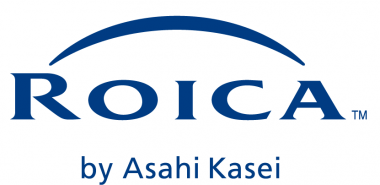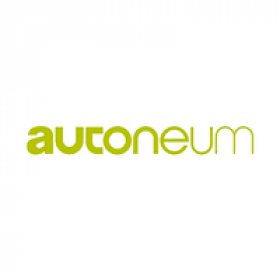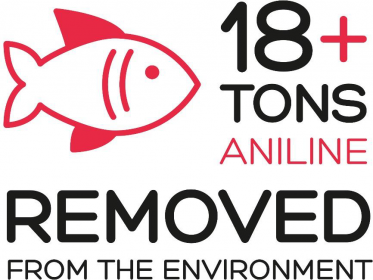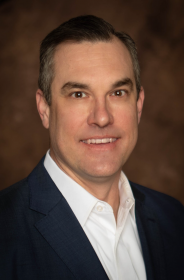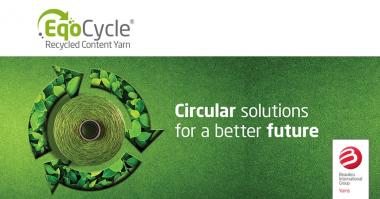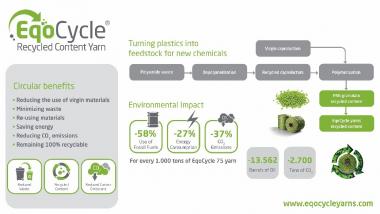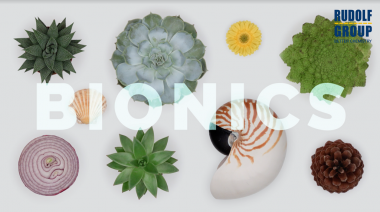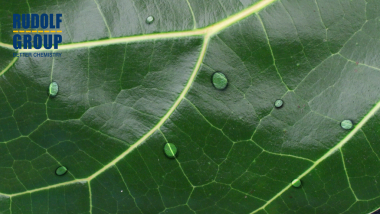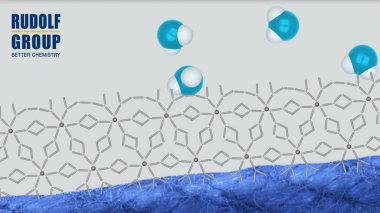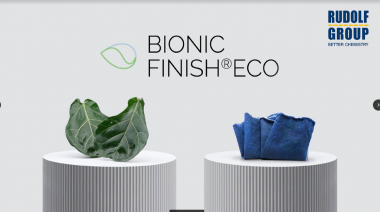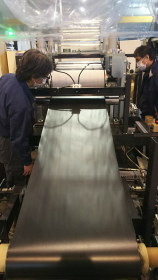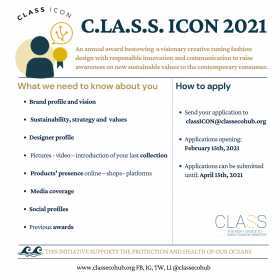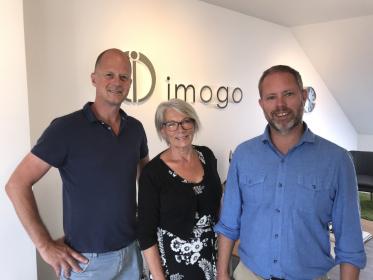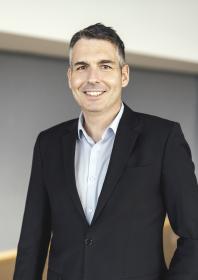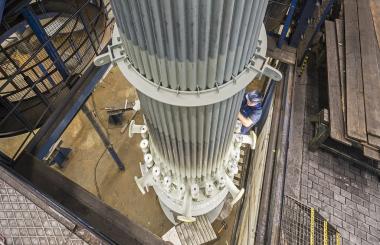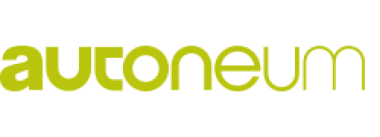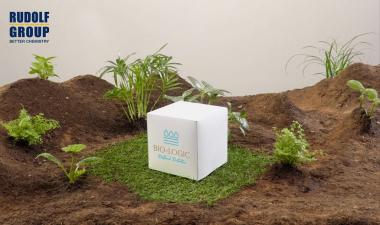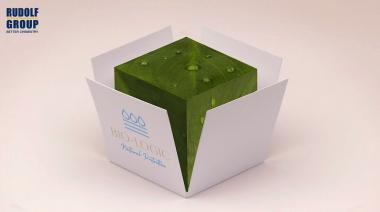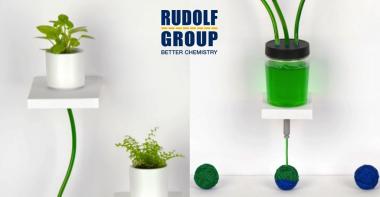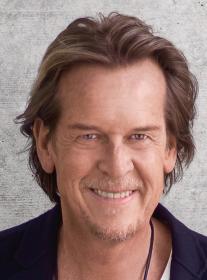ROICA™ V550 by Asahi Kasei got Senken Shimbun “Synthetic Fiber Prize"
ROICA™ by Asahi Kasei, a premium stretch fiber, has been characterized by a strong innovation DNA and it started delivering new and sustainable values and performances since July 2017.
In April 2018, the world first Global Recycled Standard –GRS- recycled stretch yarn ROICA™ EF that uses more than 50% pre-consumer recycled content, has been awarded by Senken Shimbun with the “Synthetic Fiber Prize”.
For the 2021 edition, the same prize goes to the premium sustainable stretch yarn ROICA™ V550, that at the end of its life smartly breaks down without releasing harmful substances in the environment according to Hohenstein Environment Compatibility Certification and also boasting the Gold Level Material Health Certificate by Cradle-to-Cradle Product Innovation Institute as it has been evaluated for impact on human and environmental health.
ROICA™ Asahi Kasei stretch fabric Fibers high-performance fiber Synthetic Fiber Prize
GB Network Marketing & Communication


